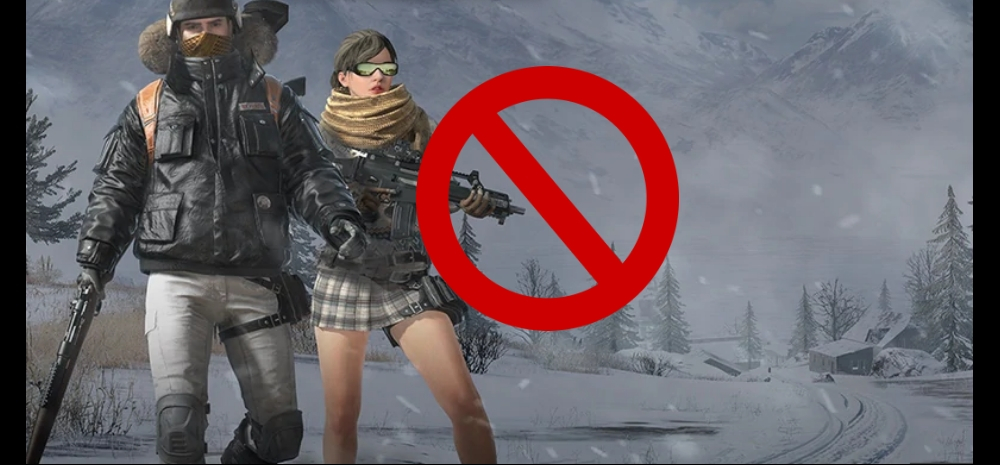PUBG’s Biggest Setback: China Too Bans PUBG Due To Violence; 40% Indians Want #PUBGBan

In a world, with youth surrounded by PlayStation consoles, DOTAs, multiplayer games and the most addictive of the lot, multiplayer mobile games, as they can easily be accessed by school-goers as well, giving sleepless nights to parents, schools, universities, and the young gamers addicted to them.
Amid the controversy of banning the popular game, PlayerUnknown’s Battlegrounds (PUBG) in Gujarat, Nepal, and Iraq, Tencent Holdings Ltd, the game developing company for PUBG failed to win approval from Chinese authorities to offer it permanently, having to shut down its testing phase on 8th May in China.
It has been noted that 40% of Indians believe that games like PUBG give rise to violence and must be banned.
The Urgency of the Situation:
Released in November 2017, PUBG grew quick momentum not just in China but also in India and other global markets. The game gained quick popularity with over 200 million downloads globally and close to 30 million active players on a daily basis.
What caused the problem was the gore that the game projected. Authorities in 2 countries have demanded a complete ban on the game, as it incited violence. Multiple cities in Gujarat had earlier banned PUBG. There were cases of children committing suicides when not allowed to pay PUBG, while 2 boys lost their lives playing the game near railway tracks.
A report by a clinical psychologist depicts that PUBG causes addictive and psychological disturbances in young adults, children, and adolescents, desensitizing and damaging their emotional development.
China Bans PUBG and Releases ‘Game for Peace’.
China’s Online Gaming Ethics Review Committee released new rules on video games, under which it has banned 9 games depicting corpses, gore, blood, gambling, and nudity. Too bad, Tencent failed to win approval from Chinese authorities to clear the bar off PUBG, banning it completely in China, when it was under its testing phase, which Tencent had waited for over a year.
Luckily for Tencent, today they replaced their most popular game with a more government-friendly alternative, ‘Game for Peace’, that had been under wide testing and have been created to pay an ode to the blue sky warriors of China’s airspace, or the Chinese airforce. This game is a vigorous attempt by Tencent to provide the company a monetization in place of PUBG.
This game is almost similar to PUBG, as it still includes murder but there is an absence of gore. It plays up to a nationalist theme and Tencent depicts PUBG and Game of Peace to be very different genres of game.
With the onset of the gaming world, there has been recorded several reports, which speak of how games and violence in them, carve a negative impact on the people who pose continuous contact with them. Ban of PUBG was just one step towards recognizing and delivering what a potential game can do. Share your views on it.

Comments are closed, but trackbacks and pingbacks are open.